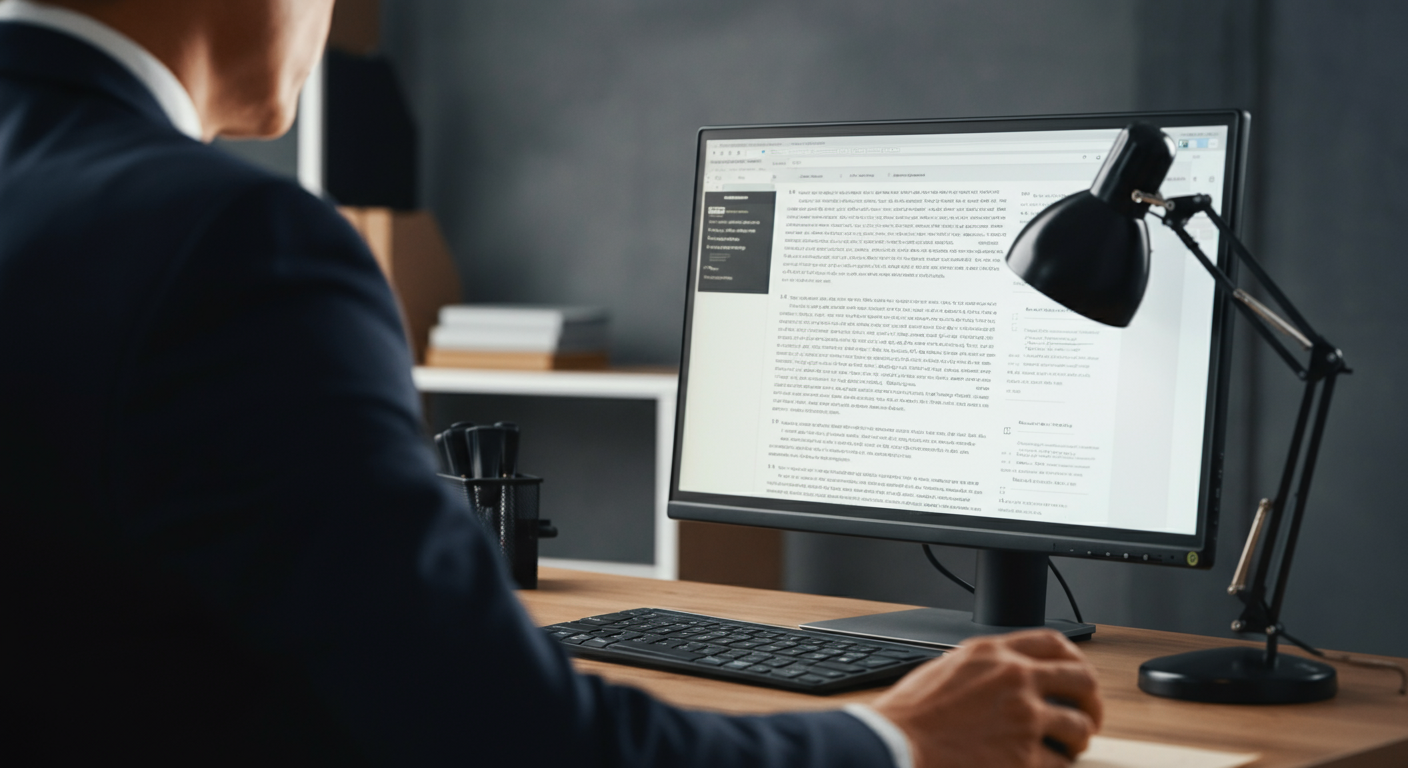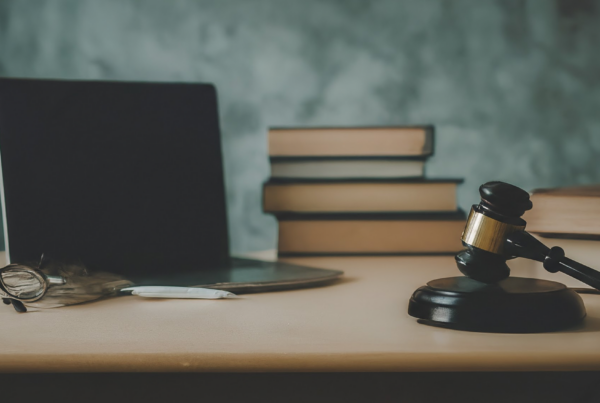In today’s fast-paced digital age, video programming stands as a cornerstone of commercial entertainment. Yet, as businesses in the hospitality and entertainment industries like casinos, restaurants, and bars increasingly rely on video content to captivate their audiences, understanding the legal aspects of video programming becomes crucial. Navigating these legal waters can be challenging but is essential to ensure compliance and avoid potential pitfalls.
For businesses seeking to enhance their customer experience and create engaging atmospheres, the complexities of licensing and compliance in video programming cannot be ignored. Ensuring that your content is legally sound means more than just avoiding copyright issues; it involves understanding the intricate details of licensing agreements and the implications of using third-party content. This knowledge is vital for delivering a seamless entertainment experience that aligns with your brand’s commitment to quality and reliability.
In this comprehensive guide, we delve into the key components of the legal landscape surrounding commercial video programming. From understanding the intricacies of copyright law to navigating the complexities of licensing agreements, we provide the insights you need to operate confidently within the legal frameworks that govern video content. Whether you’re a multi-location organization looking for a centralized entertainment solution or a business striving to improve your customer engagement, mastering these legal aspects is imperative.
As we explore these topics, you’ll discover how aligning with experts like DLM Media can offer a worry-free experience, ensuring that your video programming is not only engaging but also legally compliant. Stay with us as we unravel the essential legal considerations that will empower your business to deliver exceptional entertainment solutions.
Understanding Licensing in Video Programming
Licensing is a pivotal aspect of video programming, ensuring that businesses can legally use copyrighted content. For companies in the hospitality and entertainment sectors, such as casinos, restaurants, and bars, securing the right licenses is essential to avoid legal pitfalls and maintain a seamless customer experience. This section delves into the various types of licenses required and the potential consequences of neglecting these legal obligations.
In the realm of video programming, licenses serve as the legal agreements that grant permission to use copyrighted materials. Without these licenses, businesses risk facing severe legal repercussions, including hefty fines and potential lawsuits. Understanding the nuances of licensing not only safeguards your business but also enhances your ability to deliver engaging and compliant video content.
Types of Licenses Required
To legally broadcast or stream video content, businesses must secure specific types of licenses. Each license serves a unique purpose and covers different aspects of content usage. Here are the primary licenses you might encounter:
- Public Performance License: Required for playing copyrighted music or videos in public spaces. This license ensures that artists and creators receive compensation for the public use of their work.
- Synchronization License: Needed when integrating music with visual media, such as in commercials or promotional videos. This license is obtained from the music publisher.
- Master Use License: Grants permission to use a specific recording of a song. It is typically acquired from the record label.
- Internet Streaming License: Necessary for streaming content online. This license covers the digital distribution of video programming.
Importance of Licensing Agreements
Licensing agreements are not just legal formalities; they are crucial for protecting your business and ensuring compliance with copyright laws. These agreements outline the terms and conditions under which copyrighted content can be used, providing clarity and legal protection for both parties involved.
For instance, a well-drafted licensing agreement can prevent misunderstandings about the scope of content usage, such as the duration and geographical limitations of the license. It also specifies the financial arrangements, ensuring that creators are fairly compensated for their work.
Consequences of Unlicensed Use
Ignoring licensing requirements can lead to significant legal challenges. Businesses that use copyrighted content without the proper licenses may face lawsuits, which can result in substantial financial penalties and damage to their reputation. Additionally, unlicensed use can lead to the removal of content from platforms, disrupting your business operations and customer experience.
Moreover, legal disputes can be time-consuming and costly, diverting resources away from your core business activities. By understanding and adhering to licensing requirements, businesses can avoid these pitfalls and focus on delivering high-quality, legally compliant video programming.
For more insights on legal aspects of video programming, explore other sections of this comprehensive guide on DLM Media’s website.
Compliance with Video Programming Laws
In the realm of commercial video programming, compliance with legal regulations is not just a formality; it is a critical component of operating a successful business. For those in the hospitality and entertainment industries, understanding and adhering to these laws ensures that your video content is both engaging and legally sound. This section will guide you through the essential regulations and offer practical strategies for compliance.
Businesses must navigate a complex web of laws, including the Communications Act, which governs many aspects of video programming. Compliance with these regulations protects your business from potential legal issues and enhances your reputation as a responsible content provider.
The Communications Act and Its Impact
The Communications Act of 1934 is a cornerstone of video programming law. It establishes guidelines for broadcasting and telecommunications, including requirements for closed captioning and video description. These provisions are crucial for ensuring accessibility and inclusivity in video content.
Under this Act, video programming must include closed captions to accommodate viewers with hearing impairments. The Act also mandates video descriptions for visually impaired audiences, ensuring that all viewers have equal access to content. Businesses must stay updated on these requirements to maintain compliance and avoid penalties.
Key Compliance Requirements
To ensure compliance, businesses should focus on several key areas:
- Closed Captioning: Ensure all video content includes accurate closed captions, as required by law.
- Video Description: Provide audio descriptions of visual elements for the visually impaired.
- Licensing Agreements: Secure appropriate licenses for all content, including music and third-party clips.
- Data Privacy: Adhere to data protection laws when collecting viewer information.
By addressing these areas, businesses can operate within legal boundaries while delivering high-quality video programming.
Checklist for Compliance
Implementing a compliance checklist can help businesses systematically address legal requirements. Here’s a basic checklist to get started:
- Review and update closed captioning and video description policies regularly.
- Audit all content for necessary licenses and permissions.
- Train staff on compliance protocols and legal updates.
- Monitor data collection practices to ensure privacy compliance.
- Consult with legal experts to stay informed about new regulations.
Utilizing this checklist can streamline compliance efforts and minimize legal risks.
For further insights into the legal aspects of video programming, explore additional resources on DLM Media’s website.
Protecting Intellectual Property in Video Content
In the realm of commercial video programming, safeguarding your intellectual property (IP) is crucial. As businesses, particularly those in the hospitality and entertainment industries, create original video content, understanding the legal aspects of video programming is essential to protect your creations and avoid infringement issues. This section delves into the significance of copyright and trademark protection, offering insights into how businesses can effectively secure their intellectual property.
Intellectual property rights are designed to protect the unique creations of businesses, ensuring that their content remains exclusive and free from unauthorized use. For companies like casinos, restaurants, and bars that rely heavily on engaging video content to enhance customer experience, maintaining control over their IP is vital for sustaining competitive advantage and brand integrity.
The Role of Copyright in Video Content
Copyright is a fundamental component of intellectual property protection in video programming. It grants creators the exclusive rights to use, reproduce, and distribute their original works. By securing a copyright, businesses can prevent unauthorized use of their video content, which includes scripts, music, and visual elements. This protection is crucial for maintaining the originality and value of your content.
To effectively leverage copyright protection, businesses should register their video content with the appropriate authorities. This registration provides legal proof of ownership and strengthens your position in case of infringement disputes. Additionally, understanding the scope of fair use and how it applies to your content can help navigate potential legal challenges.
Trademark Protection for Video Branding
While copyright protects the content itself, trademarks safeguard the branding elements associated with your video programming. Trademarks cover logos, slogans, and brand names, ensuring that your business identity remains distinct and recognizable. For companies in competitive markets, trademark protection is essential for preventing brand dilution and maintaining consumer trust.
Registering your trademarks with the relevant authorities not only protects your brand but also enhances its market value. It provides a legal framework to challenge any unauthorized use or imitation of your brand elements, thereby preserving your business’s reputation and customer loyalty.
Case Study: Successful IP Protection in Action
Consider the case of a leading entertainment company that successfully protected its video content through strategic IP management. By registering copyrights for their original video series and securing trademarks for associated branding elements, the company effectively prevented unauthorized distribution and imitation. This proactive approach not only safeguarded their creative assets but also reinforced their market position as a trusted content provider.
Their strategy included regular IP audits and collaborations with legal experts to ensure compliance with evolving IP laws. This case exemplifies how businesses can leverage intellectual property protection to maintain a competitive edge in the dynamic landscape of video programming.
For more insights into the legal aspects of video programming, visit DLM Media’s website and explore additional resources to enhance your understanding of IP protection strategies.
Key Takeaways for Legal Compliance in Video Programming
As we wrap up our exploration of the legal aspects of video programming, it’s clear that understanding the intricacies of licensing, compliance, and intellectual property protection is indispensable for businesses in the hospitality and entertainment industries. The importance of securing the right licenses cannot be overstated. From public performance to synchronization and internet streaming licenses, each plays a vital role in ensuring that your video content is legally sound and free from potential legal entanglements.
Compliance with video programming laws, particularly the Communications Act, is another cornerstone of legal operations in this space. Ensuring your content meets closed captioning and video description requirements not only aligns with legal standards but also promotes inclusivity and accessibility, enhancing your brand’s reputation as a responsible content provider.
Protecting your intellectual property is equally crucial. By understanding and implementing copyright and trademark protections, businesses can safeguard their original content and branding elements from unauthorized use. This protection not only preserves the uniqueness of your offerings but also reinforces your competitive edge in the market.
- Secure the Right Licenses: Ensure you have all necessary licenses, such as public performance and internet streaming licenses.
- Adhere to Compliance Regulations: Follow legal requirements like closed captioning and video descriptions to avoid penalties.
- Protect Intellectual Property: Use copyright and trademark protections to safeguard your content and brand identity.
For tailored advice and legal guidance, consider consulting with legal professionals who specialize in video programming. Their expertise can provide you with the assurance needed to navigate these complex legal landscapes successfully. To further explore the legal aspects of video programming, visit DLM Media’s website for additional insights and resources.





